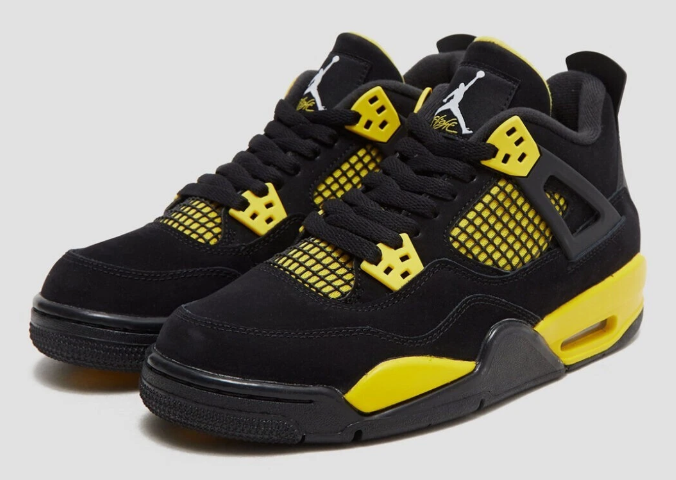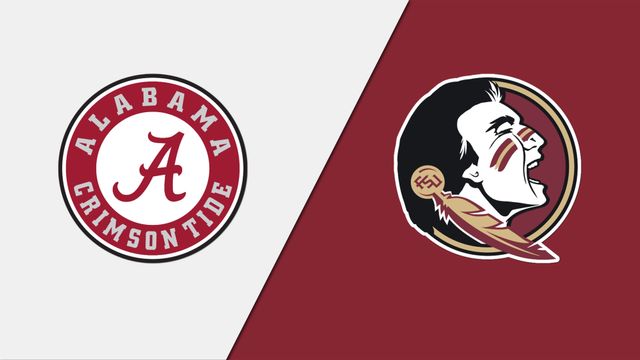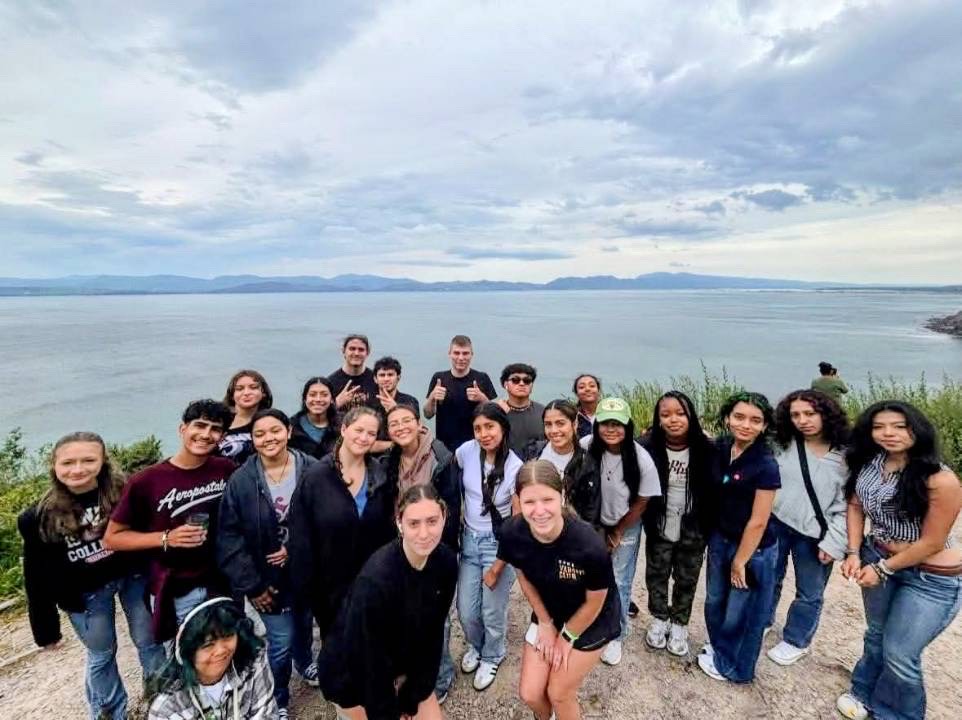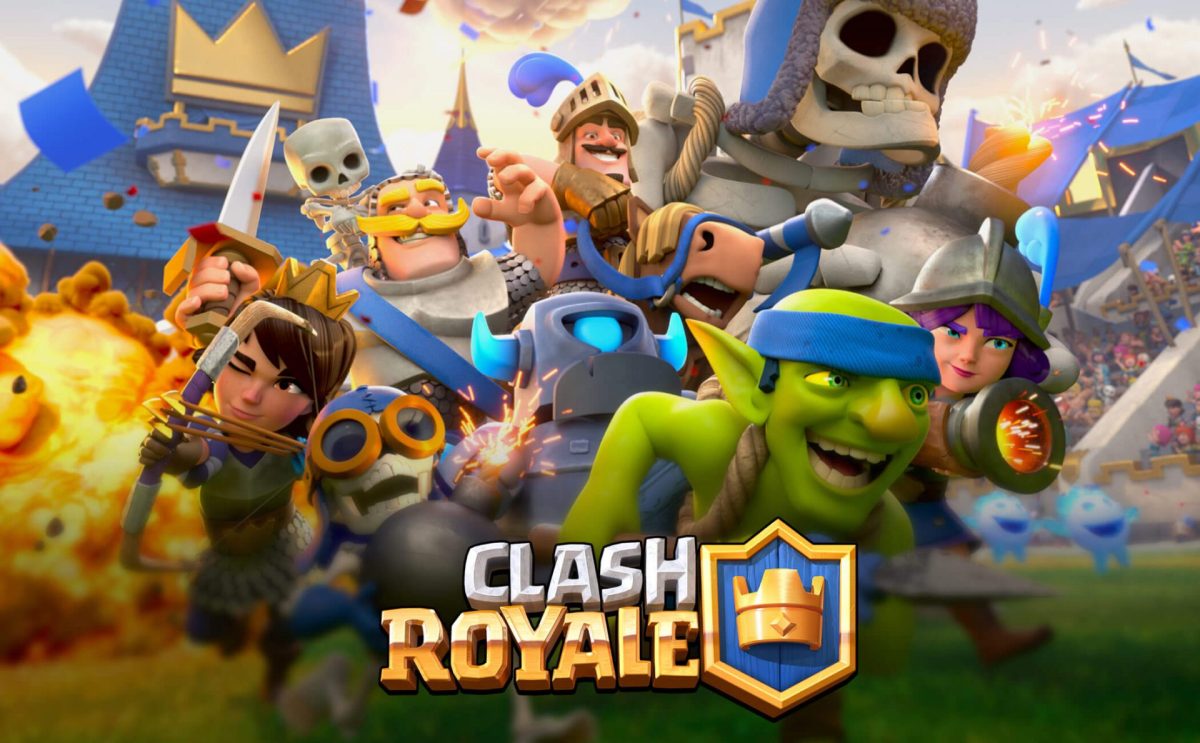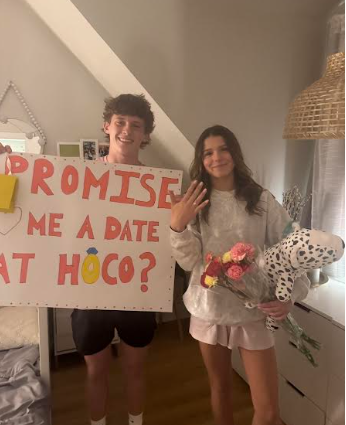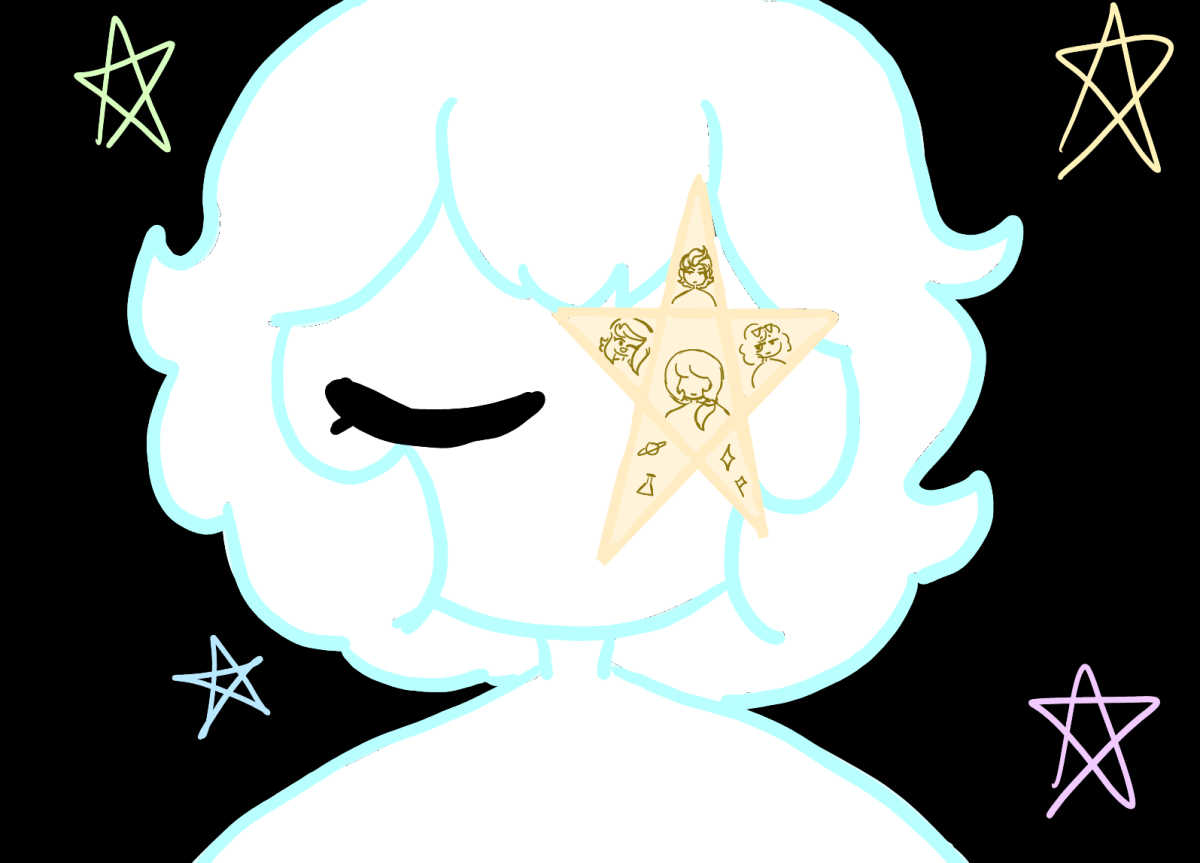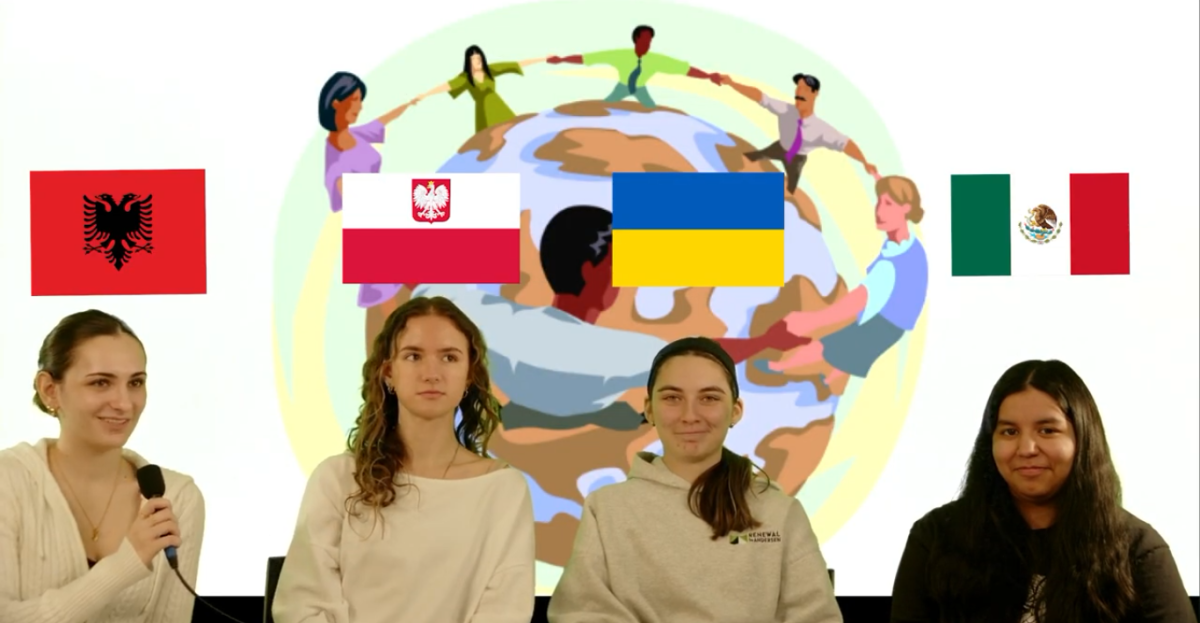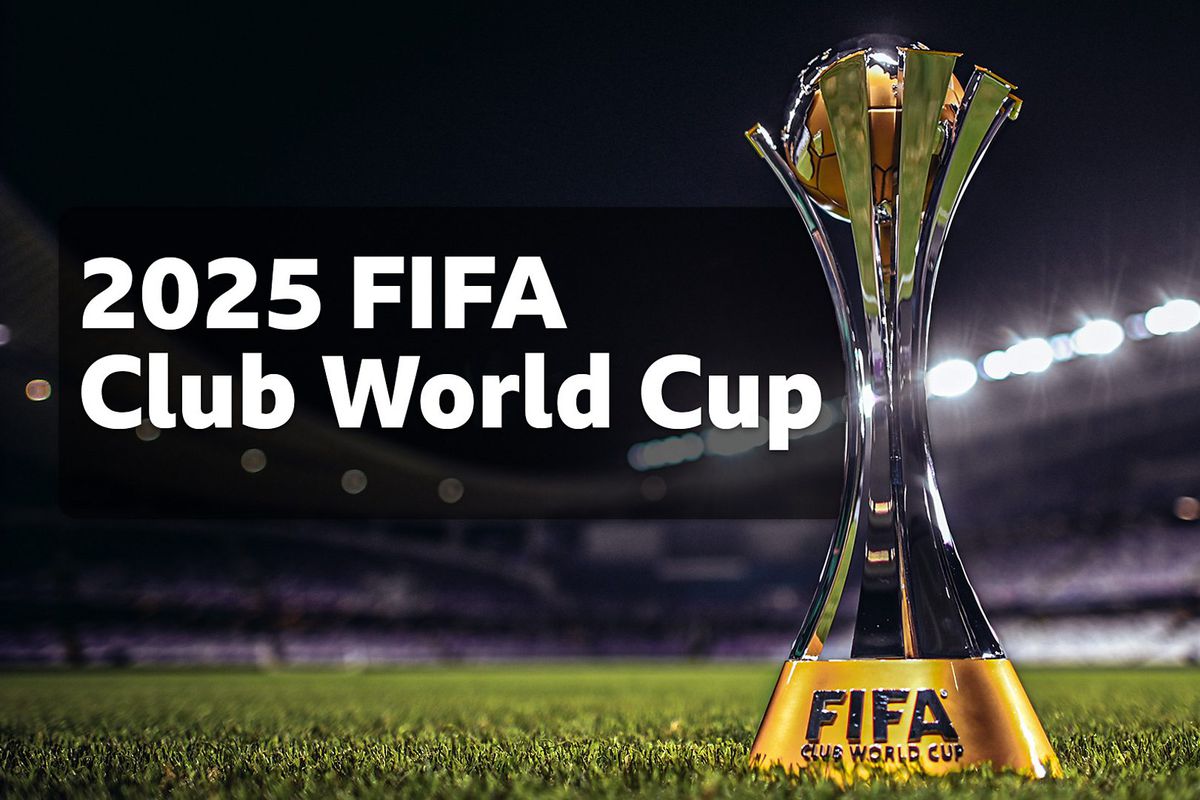What is the World Cup?
The World Cup is a men and women’s soccer tournament that takes place every four years and is organized by the Fédération Internationale de Football Association (FIFA). The tournament determines the world’s men’s and women’s soccer champions and is considered one of the most popular sporting events in the world. The World Cup is the most watched sporting event in the world, reaching over 3 billion spectators worldwide, happening every four years. For nearly a century, the World Cup has been the peak of international competition, showcasing the best of the best.

This is the official logo for FIFA, which stands for Fédération Internationale de Football Association. This logo was redesigned in 2009 and hasn’t been altered since.
A Background
The World Cup was established in 1930 by FIFA with the aim of creating an exclusive international competition for professionals. Inspired by the popularity of soccer at the Olympics, FIFA wanted a focus on only soccer, thereby creating the World Cup. FIFA chose Uruguay to host the first-ever tournament, creating a legacy. This event, held in Montevideo, saw 13 teams compete, with Uruguay emerging as the winners. Over the years, the tournament expanded in size, with the number of teams increasing to 32 in 1998 and a confirmed 48 in the 2026 World Cup. Host countries rotate by continent, helping to spread the influence globally and providing each region with the chance to showcase their culture to the world.
What’s Needed to Qualify
Qualifying for the World Cup is a challenging journey that typically lasts around three years. Teams from each of FIFA’s six continental zones (Africa, Asia, Europe, North America, South America, and Oceania) compete within their regions to secure one of the limited spots in the tournament. This process is the real test and preparation for the teams as they face their respective teams and play high stake matches. For instance, Europe typically has the most earned slots due to its depth of strong teams, while other continents must battle for fewer places, making the qualification more difficult. FIFA’s ranking system also plays a role in determining seedings, which impacts a team’s chance to qualify. Additionally, the host nation of the World Cup gets an automatic seed in the World Cup (for instance, Qatar in the 2022 World Cup).
The Next World Cup
The World Cup year and location is usually determined years ahead by a vote from FIFA congress. The next World Cup will be held in Canada, United States, and Mexico in the year 2026. Most games will be held in the U.S., including the round of 16 and most group stage games. Only some group stage games will be played in Canada and Mexico.
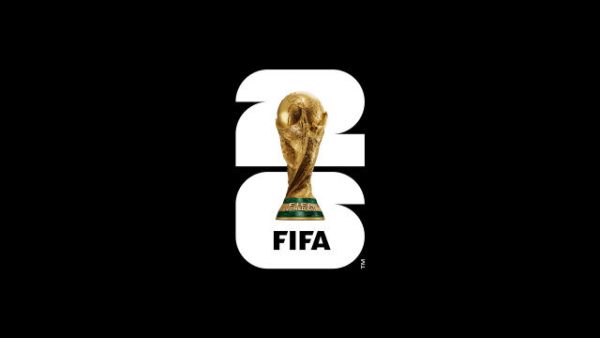
This is the icon of the 2026 World Cup made by FIFA itself. The stage is set in North America.
Past Winners and Successful Nations
The World Cup has seen many champions but none are as successful as Brazil, the most decorated nation in the tournament’s history with five titles. Following Brazil, Germany and Italy are next up with four titles, showcasing their constant dominance in the global tournament since 1930. Other winners include Argentina, France, and Uruguay, also bringing some historic squads along the way. Each title has been special in its own way since 1930, for example Brazil’s 1970 squad featuring Pelé, Germany’s thrilling squad winning the 2014 World Cup over Argentina, and most notably and recently, the 6 goal thrilling final win for Argentina in 2022.
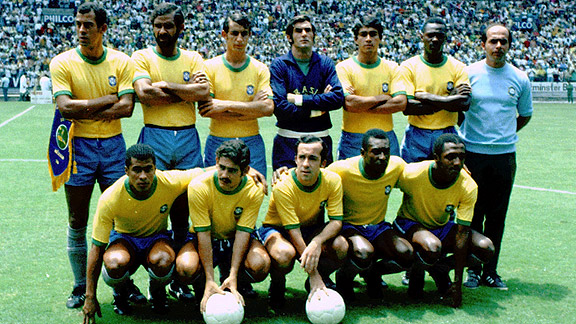
The Brazil squad that won the World Cup in 1970. This squad features Pelé on the bottom row, second from the right.
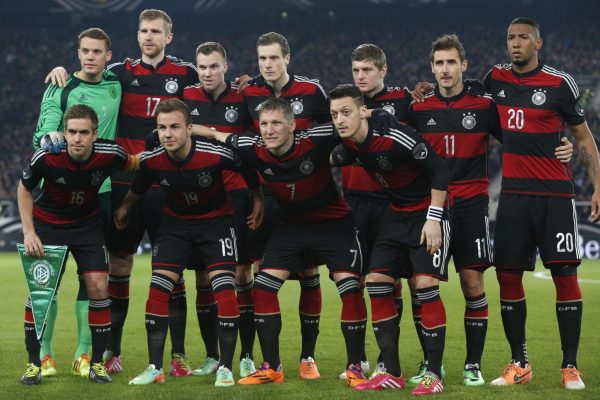
The 2014 Germany squad that barely clinched the win over Argentina in the World Cup Final. The game winning goal wasn’t scored by any of these players pictured above but by Mario Gotze who was a sub for Germany.
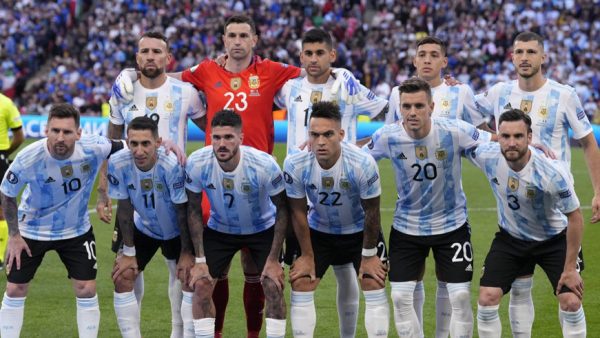
The 2022 Argentina squad watching their teammates take the trophy home to Rosario, Argentina, Messi’s hometown. The final saw a total of 6 goals and a jaw-dropping penalty shootout.
Nations Participating and Their Last Appearance
The World Cup attracts countries from all over the world, from all continents and regions. In recent tournaments, familiar faces like Argentina, Spain, and England continue to make strong showings, while other nations, such as Senegal or Croatia, have made deep runs in the knockout stages. The last World Cup saw countries like Croatia, the runner-up in 2018, and Qatar, the 2022 host, making memorable appearances. On the other hand, a notable absence, like Italy, the 2020 Euro winners, failed to qualify for the world cup for the second time in a row in 2022.
Winners from every World Cup (including Runner-ups, Players of the Tournament, and Leading Goal Scorers)
| Year | Winners | Runners-up | Player of the tournament | Leading goal scorer |
|---|---|---|---|---|
| 2022 | Argentina | France | Lionel Messi | Kylian Mbappé |
| 2018 | France | Croatia | Luka Modric | Harry Kane |
| 2014 | Germany | Argentina | Lionel Messi | James Rodriguez |
| 2010 | Spain | Netherlands | Diego Forlán | Thomas Müller |
| 2006 | Italy | France | Zinedine Zidane | Miroslav Klose |
| 2002 | Brazil | Germany | Oliver Kahn | Ronaldo |
| 1998 | France | Brazil | Ronaldo | Davor Šuker |
| 1994 | Brazil | Italy | Romário | Oleg Salenko |
| 1990 | West Germany | Argentina | Salvatore Schillaci | Salvatore Schillaci |
| 1986 | Argentina | West Germany | Diego Maradona | Gary Lineker |
| 1982 | Italy | West Germany | Paolo Rossi | Paolo Rossi |
| 1978 | Argentina | Netherlands | Kempes | Mario Kempes |
| 1974 | West Germany | Netherlands | Johan Cruyff | Grzegorz Lato |
| 1970 | Brazil | Italy | Pelé | Gerd Müller |
| 1966 | England | West Germany | Bobby Charlton | Eusébio |
| 1962 | Brazil | Czechoslovakia | Garrincha | Garrincha, Vavá, Leonel Sánchez, Flórián Albert, Valentin Ivanov, Dražan Jerković |
| 1958 | Brazil | Sweden | Didi | Just Fontaine |
| 1954 | West Germany | Hungary | Ferenc Puskás | Sándor Kocsis |
| 1950 | Uruguay | Brazil | Zizinho | Ademir |
| 1938 | Italy | Hungary | Leônidas | Leônidas |
| 1934 | Italy | Czechoslovakia | Meazza | Oldřich Nejedlý |
| 1930 | Uruguay | Argentina | Nasazzi | Guillermo Stábile |
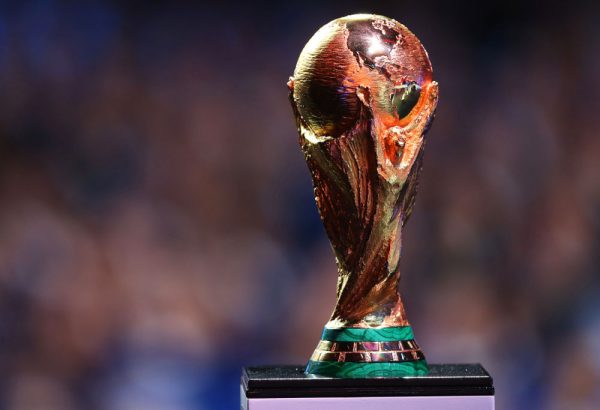
An image of the World Cup trophy, made up of 18 karat gold and malachite. The trophy is hollow, which is why it weighs less than a solid gold trophy.
Conclusion
The World Cup remains unmatched in its ability to bring people together, uniting fans around the world. It’s more than just a contest for a trophy; it’s a celebration of passion, skill, and international recognition. As the tournament continues to grow and evolve, its impact on soccer and the globe is certain to continue.
Works Cited:
- FIFA – Fédération Internationale de Football Association. (n.d.). Olympics. Retrieved October 29, 2024, from https://olympics.com/ioc/federation-internationale-de-football-association
- FIFA World Cup history: Past winners, runners-up, leading goalscorers and Golden Ball recipients. (n.d.). The Roar. Retrieved November 12, 2024, from https://www.theroar.com.au/fifa-world-cup/world-cup-history/
- FOX Sports. (2023, May 18). FIFA unveils official logo, campaign for 2026 World Cup. FIFA MEN’S WORLD CUP. https://www.foxsports.com/stories/soccer/fifa-unveils-official-logo-campaign-for-2026-world-cup
- Staccioli, A. (2022, November 18). 2022 World Cup: Argentina’s Squad and Team Profile. The New Arab. Retrieved October 28, 2024, from https://www.newarab.com/news/2022-world-cup-argentinas-squad-and-team-profile
- The 1970 Boys from Brazil. (2021, August 22). Sports History Weekly. Retrieved October 28, 2024, from https://www.sportshistoryweekly.com/stories/soccer-pele-brazil-world-cup-1970,1034
- Where are they now? The Germany XI that broke Brazil’s heart with a 7-1 win at the 2014 World Cup. (2019, July 9). Bundesliga. Retrieved October 28, 2024, from https://www.bundesliga.com/en/bundesliga/news/brazil-1-7-germany-where-are-they-now-fifa-world-cup-2014-5485



